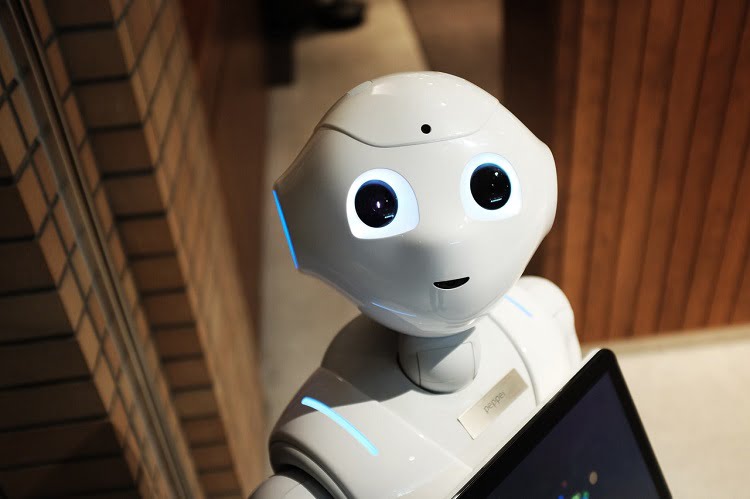Unless you’ve been living under a rock for the past few decades, you have probably heard about artificial intelligence or AI. Of course, too many people think of killer robots like SkyNet or the Terminator when they hear the words AI. The promising technology has been part of science fiction so long, it has gathered a less-than-desirable image in a few areas. While people tend to welcome new and exciting technology, AI has encountered some degree of hostility, especially in the business world.

A lot of people believe that an AI system could steal their job. For example, a sophisticated AI bot may be able to sell more Cox Internet Ultimate plans than a human agent. So of course, the natural, if not logical, followup is to feel the AI will make you obsolete. Is this really the case? Does artificial intelligence actually threaten to make human workers and roles obsolete? Read on to find out.
Table of Contents
Separating Hype From Reality
AI has had its fair share of controversy and misinformation. The technology gained a lot of notoriety when several leading minds such as the late, great Stephen Hawking made the dire prediction that AI may eventually become self-aware and start the process of human extinction. Of course, from an objective point of view, a synthetic intelligence that suddenly gains the ability to gain an awareness of itself and its surroundings may find it easy to reach the conclusion that humans are slowly destroying the world. To a machine mind, devoid of all emotion and empathy, eliminating the human race might well be the obvious solution.
Sounds scary, doesn’t it? It is exactly why movies like The Terminator and 2001: A Space Odessey have left a lasting cultural impact. However, one thing we often conveniently overlook is that AI is still in its infancy. Current AI versions are nowhere near the sophistication or capability that their science fiction versions possess. In the real world, the potential threat isn’t human extinction, but possible increases in unemployment as AI takes over human roles. But even in that aspect, AI is hardly as big a threat.
The Impact AI Has Had on Modern Business
Of course, there is no denying that AI is making its impact on the modern business world already. There are two major examples that occupy both ends of the spectrum. First, a virtual assistant on your company’s website can deal with visitors and offer useful information at all hours of the day. If you had a human worker doing the same job, you’d likely not be able to offer around the clock service. Or if you did, you’d have to hire more workers to get the job done. Instead, a one-time expenditure on an AI can do the job indefinitely.
Driverless cars, or autonomous driving as it is also known, is another visible manifestation. Sophisticated AI and hardware allow corporations like Tesla to manufacture such vehicles. Imagine a driverless delivery truck making deliveries all day long without a human driver. Your logistical capability would increase manifold. Again, this is something that would cost a lot less than hiring multiple full-time employees.
So is there a real threat? The answer is yes and no. Yes, in that AI does offer businesses the option to get things done at a lower long-term cost. No, in that AI still has a long way to go before it reaches the point where it can start working autonomously. For the most part, most AI systems require both the AI and the human element to work together for a better outcome.
The Potential to Create New Jobs
Evolution is the way of life on this planet, and it is no different in the business world. Technology like typewriters, fax machines, and even early computers inevitably become obsolete. New, improved, and more efficient ways of executing business tasks emerge. The cycle has been going on since the Industrial Age. We tend to focus too much on the jobs that may potentially become obsolete once AI becomes advanced enough. But we often ignore the opportunities that the new technology promises. New types of jobs have already begun to emerge which weren’t mainstream just a few years ago. Yet professionals such as data scientists, machine learning experts, and AI developers are some of the most in-demand employees in the modern workplace.
While AI might be able to generate leads or even sell services like high speed internet options, there is also the fact that there are certain roles that AI may never be able to take over. This is due to its inherent limitations. For example, AI may not be able to produce refined creations, such as original fine works of art, music, or literature. At the same time, it will increase the demand for certain types of skills, especially relating to STEM subjects, as businesses grow and improve their AI capabilities.
